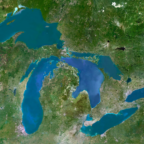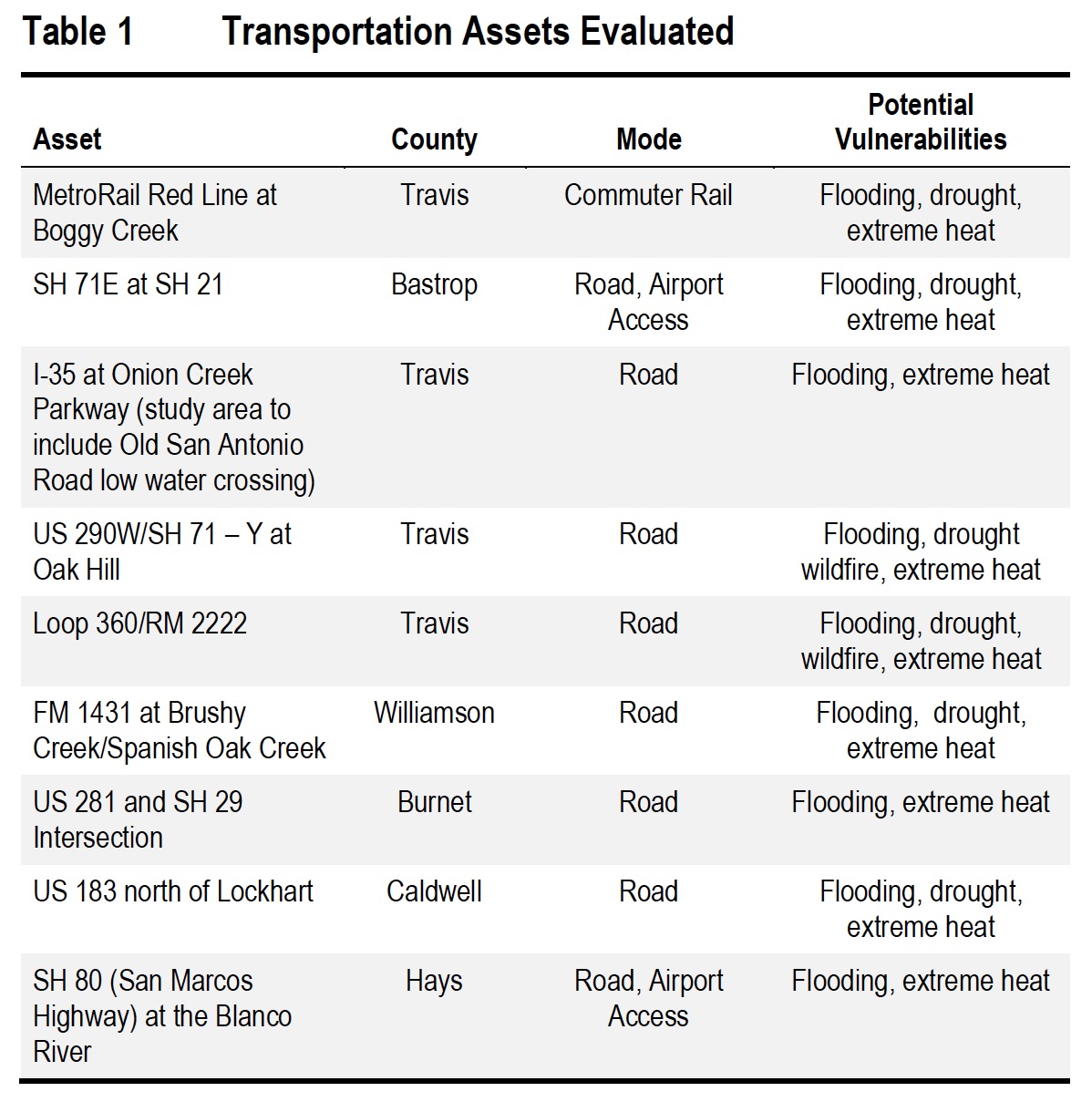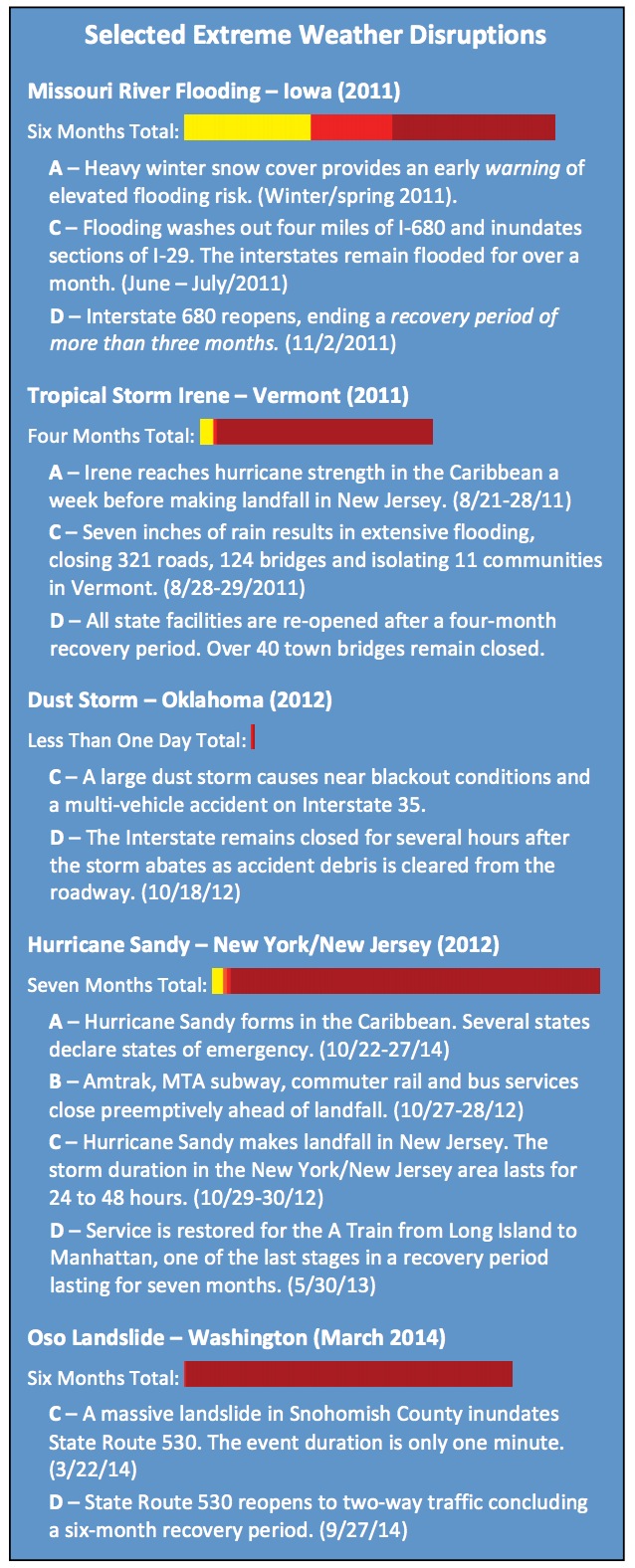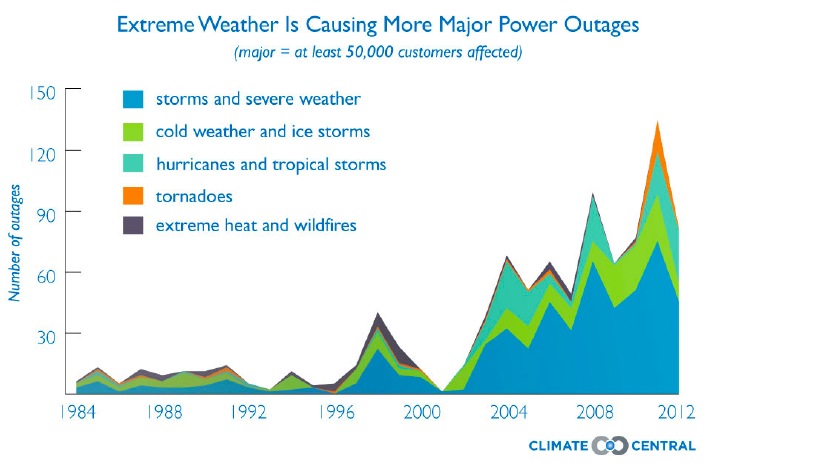
Climate change is causing significant and far-reaching impacts on the Great Lakes and the Great Lakes region. In recent years, our planet has experienced some of the warmest temperatures ever recorded, record-breaking weather extremes, powerful storms, increasing tragic flooding from rising sea levels and associated storm surge, huge wildfires, and continued melting of glaciers and polar sea ice. The accelerating pattern of changes in the Earth’s climate is affecting the Great Lakes. Here, we draw on the array of existing research to assess how the shifting global climate impacts the unique Great Lakes region.
View this complete post...
















 RSS Feed
RSS Feed